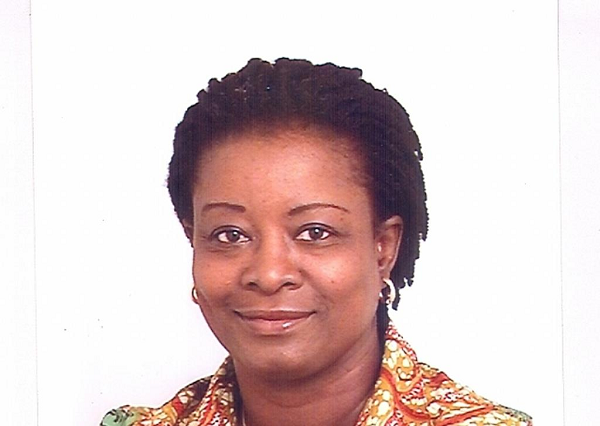A non-governmental organisation (NGO), Alliance for Reproductive Health Rights, is calling for a multi-stakeholder collaboration that will expedite action on the delivery of Universal Health Coverage (UHC).
The call is aimed at supporting national efforts for the delivery of UHC, which is a requirement under the Sustainable Development Goals (SDGs).
Target 8 of Goal Three of the SDGs tasks United Nations (UN) member states to achieve universal health coverage, including financial risk protection, access to quality essential healthcare services and access to safe, effective, quality and affordable essential medicines and vaccines for all by 2030.
The Executive Director of the NGO, Ms Vicky Okine, said although there had been significant efforts by successive governments, there was more to be done in the delivery of UHC, which she described as a basic human right.
She lauded the government’s policies aimed at the delivery of universal health coverage, the Community- based Health Planning Services (CHPS) compounds and the National Health Insurance Scheme (NHIS), but called for a critical look at the challenges their implementation were saddled with.
Occasion
Ms Okine was addressing journalists at the opening of a two-day capacity-building workshop as part of the NGO’s stakeholder engagement on building partnerships to help national efforts for the delivery of universal health coverage and the promotion of primary health care.
The workshop discussed the role of the media in the delivery of universal health coverage and updated the knowledge of journalists on health rights, the implementation challenges with the NHIS and the CHPS policies.
Ms Okine said the delivery of UHC was a collective effort of all stakeholders, therefore, if stakeholders were schooled on their rights, roles and responsibility the process would be accelerated for the benefit of all.
Advocacy
Giving an overview of the evolution of universal health coverage and primary healthcare policies in Ghana, the Programme Manager of the ARHR, Nii Ankonu Annorba-Sarpei, said the delivery of the two were such that no one sector or institution could deliver it working in silos.
He underscored the need for multi-sectorial partnership, as well as a sustained and strategic advocacy by the media to help accelerate the process.
Explaining the evolution of the two policies and similar international policies binding on Ghana, he said effective and sustained advocacy grounded on human rights and evidence were central to accelerating health reforms that would expedite the delivery of universal health coverage.
Discussions
Discussing the challenges of the NHIS, the journalists identified the inability of the very poor to afford the premiums and the cumbersome registration process.
They contended that due to the difficulty in determining the socio-economic status of applicants, the NHIS still catered more for higher-income groups, leaving many poor families without any prepaid cover, despite contributing to the VAT-funded component of the scheme.
As a result, out-of-pocket expenditure remains relatively high.
CHPS
Touching on the CHPS, the journalists contended that although the concept had moved primary healthcare services closer to the people and were within the reach of the poor, confidence in these facilities had dwindled due to the poor quality of care as a result of lack of skilled staff, equipment and supplies.
These limitations necessitated referrals but, with the lack of transport and poor roads, many referred clients were unable to access higher levels of care, they noted.
writer’s email doreen.andoh@graphic.com.gh

